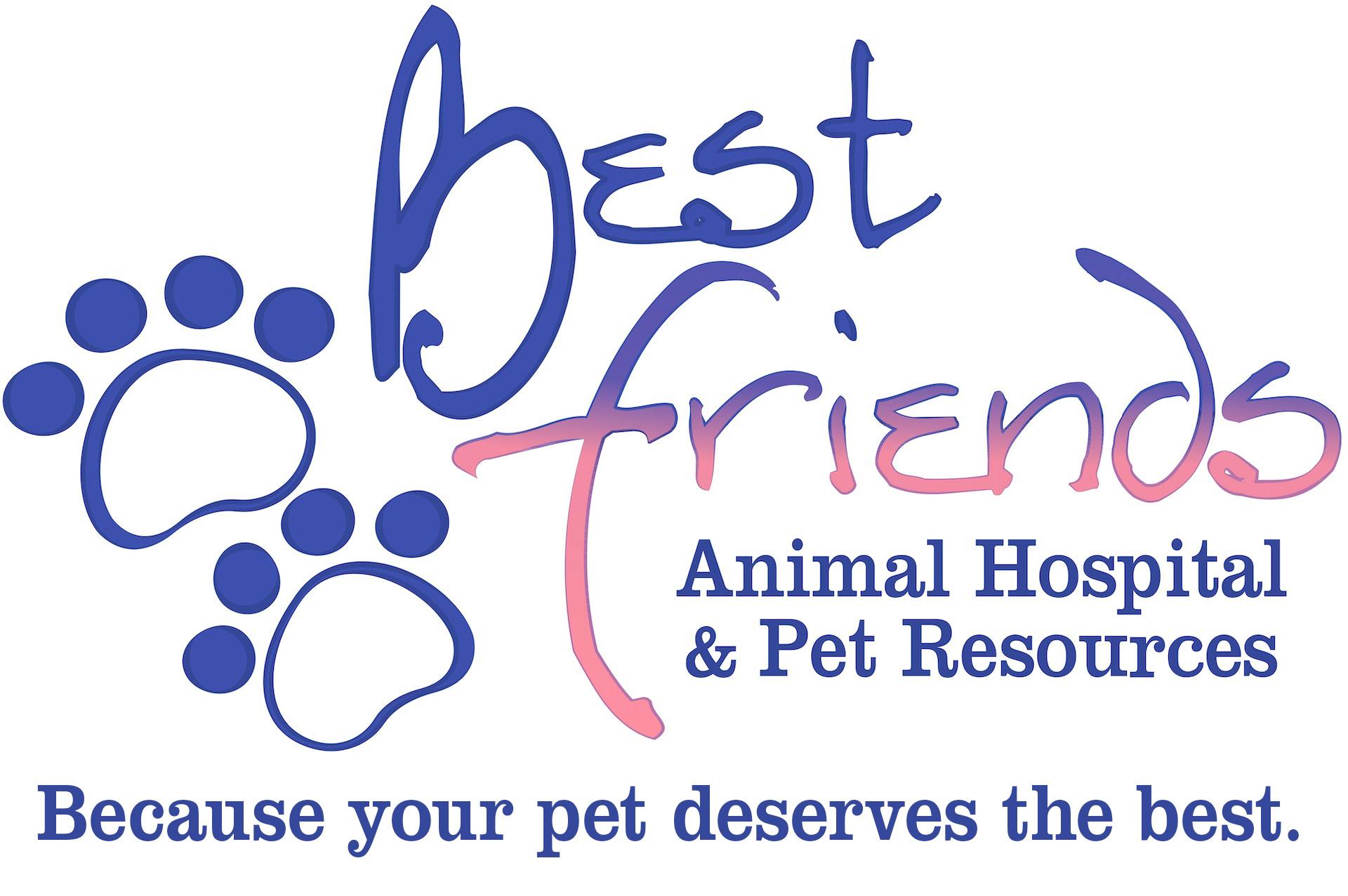Library
-
Choosing the right collar or harness for a dog requires understanding how each device works and what is best for the dog and the owner. Correct selection, fit, and use are crucial for any training tool's success.
-
Gentle, graceful and sweet, the Collie wags her tail gently whenever approached. Eyes seem to smile their welcome. They're willing to do the same chore again and again, only asking a loving touch in thanks.
-
There are several problems that can occur in aquatic turtles. This handout discusses the most noted problems: calculi, tissue prolapses, irregular shell growth, shell fractures or trauma, algae on the shell, skin and shell sloughing, Salmonella infection that can be passed to humans, dystocia, and hibernation.
-
Snakes have several unique problems and understanding these problems will allow you to better care for your pet and minimize future health care problems and concerns. This article outlines some of the most common problems.
-
Constipation is infrequent or difficult passage of stool or feces and is typically a temporary condition. Though there are many causes of constipation in dogs, most cases are caused by ingestion of irritating or indigestible substances. Constipation is usually diagnosed through a physical examination and medical history. A rectal exam to rule out rectal strictures, tumors, foreign bodies, or other abnormalities may be done. Abdominal radiographs, blood tests, and urinalysis are valuable for a full diagnosis and development of a treatment plan. Biopsies may also be recommended if a rectal mass or stricture is suspected. Most cases of constipation are relatively easy to treat through the use of manual removal, enemas, and medications. The prognosis for constipation is determined by the exact cause.
-
Ulcerative keratitis is inflammation in the cornea of the eye. The signs of ulcerative keratitis depend somewhat on the cause and how long the condition has been present. There are many potential causes of ulcerative keratitis, including trauma, infection, and abnormal tear production. Antibiotic ointment or drops will be prescribed and it is important to prevent additional trauma to the cornea. Superficial corneal ulcers typically heal within 5 to 7 days. Deeper or more complicated ulcers may take several weeks to heal and may require surgery in addition to medical treatment.
-
There are many ways we can change our dog's home environment to help them more easily move around and avoid injuries. This handout reviews some key points to improve your dog's comfort at home and on car trips.
-
Hospitals providing curbside care have restructured their practice to avoid the need for clients to enter the lobby and exam rooms. This is designed to promote physical (social) distancing and reduce the spread of COVID-19. Curbside care offers a number of benefits for you and your pet. By eliminating the need for you to enter the hospital, potential COVID-19 outbreaks are reduced. The veterinary team is protected under a curbside care model, and in turn, so is your pet. Even in curbside care, you will have an opportunity to speak with your veterinarian in order to discuss findings and recommendations. To help the curbside appointment go smoothly, bring a written list of concerns or fill in any forms your practice has sent to you prior to the appointment. Curbside care truly is in the best interests of you and your pet.
-
No, it is not a Lab with a perm - those fashionable and form-fitting curls are all natural for the aptly named Curly-Coated Retriever. One of the most eye-catching of the sporting breeds, the Curly boasts curls that would take us hours at the hairdresser to achieve, yet the coat maintenance of the Curly is surprisingly simple.
-
Cuterebra is the scientific name for the North American rabbit or rodent botfly. Cats are accidental hosts of Cuterebra larvae, and they are rarely evident from external skin inspection. A hole enlarges when the warble has matured, often leading to an infected empty cyst. Treatment depends on when the condition is discovered, and in many cases, antibiotics are used to treat secondary infections.


